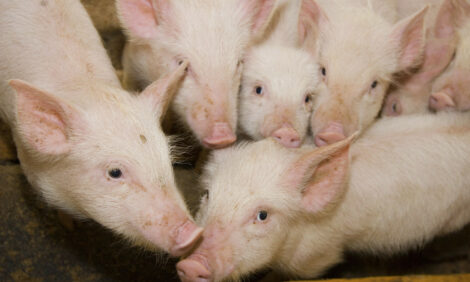|
Need a Product or service?
|
|
Researchers from Lancaster University analysed the observations of a panel of 54 people closely involved in the crisis to assess the impact of the epidemic. Panel members ranged from farmers and slaughtermen to community nurses, vets, and businessmen and women.
What researchers found was a picture of isolated and embattled communities in which some people took to drink and antidepressants in order to cope. Community nurse Teresa Taylor described how routine visits to residents often became counselling sessions lasting hours. Some patients were isolated from their families, unable to sleep, and turning to drink, she said.
Other panel members spoke of "bitterness, frustration, mistrust, and anxiety" during and after the epidemic and of feeling let down by the government's response. This feeling was exacerbated by government "spin" which denied the reality of Cumbria's nightmare and left people feeling betrayed.
Dr Peter Tiplady, retired director of public health at North Cumbria Health Authority, said that the study showed that the F&M crisis had "a definite effect on human health." Figures emerging from separate research showed an increased mortality rate in Cumbria around Easter 2001 - the peak of the outbreak, he revealed.
The Lancaster University report is due to be completed in April 2004, when it will be sent to the Department of the Environment, Food and Rural Affairs. Copies will also be sent to the Department of Health, the Department of Trade and Industry and the Environment Agency.
Source: A ProMED-mail post - 2nd November 2003


















